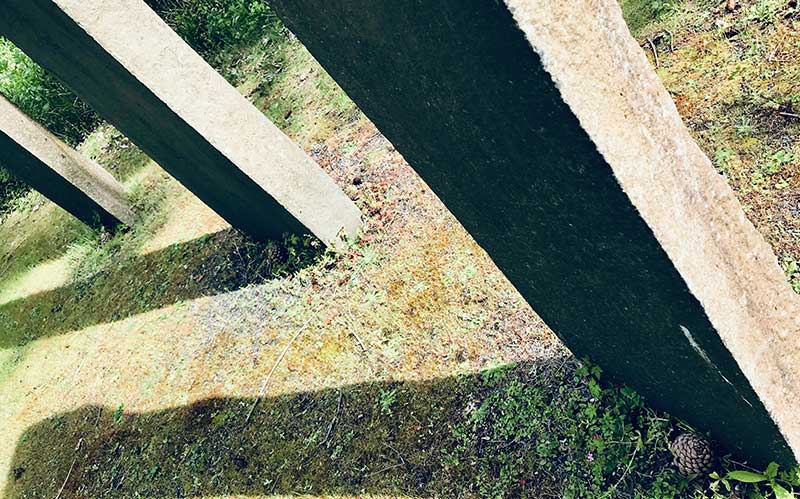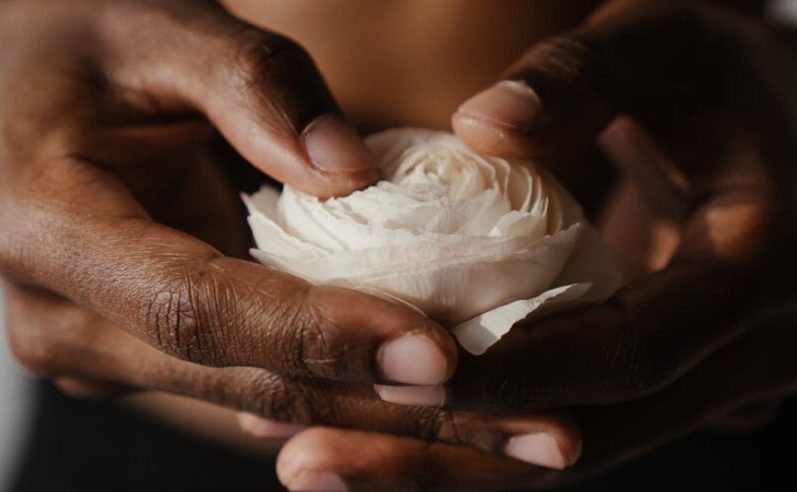Between now and March 22, I am happy to share “50 Ideas Worth Fighting For.”
“Poetry is language against which we have no defenses.”
{David Whyte}
Do you know that feeling, that feeling of something being so overwhelmingly right and clear that you have no words to describe it? That’s what poetry’s for.
Do you know that feeling of being so immeasurably sad, grief-stricken and broken that you have no words to describe it? That’s what poetry’s for.
Do you know that feeling of being so overwhelmed with awe and wonder at the creation that surrounds you? That’s what poetry’s for.
Poetry is how we fill in the space between what we can explain and what we cannot. It is how we make sense of the in-between, our thresholds, our liminal space. It is how we celebrate what we do not know or understand. It is how we ground our self in our not knowing.
Poetry belongs in the bedroom and the boardroom. It belongs around the dinner table, at the cafe and in the classroom. It belongs in the hardest conversations when we are utterly vulnerable as well as in the most joyful ones when we are, yet again, utterly vulnerable. It belongs at every wedding and funeral and birthday and breakfast.
Poetry is the stuff of life, the language equivalent of our very lifeblood.
Here are a few recommendations for getting more poetry into your daily, working, living, feeling life. Please, please use them. It will be – it is – a far better world when we do.
- OnBeing’s new weekly, 8-minute podcast, Poetry Unbound
- The Poetry Foundation’s Poem of the Day
- The Academy of American Poets seasonal collections
- This great TED talk called, Why People Need Poetry
- Participate in Poetry in Your Pocket Day
- Buy/borrow some books of poetry and read them aloud! Some current personal favorites include:
- The Best of It by Kay Ryan
- The Way It Is by William Stafford
- 100 Poems by Seamus Heaney
- Pilgrim by David Whyte
- What the Living Do by Marie Howe
“I’m less interested in people respecting poetry. I’m really interested in people realizing that poetry respects them.”
{Pádraig Ó Tuama}

Photo by Daria Shevtsova on Pexels.com





